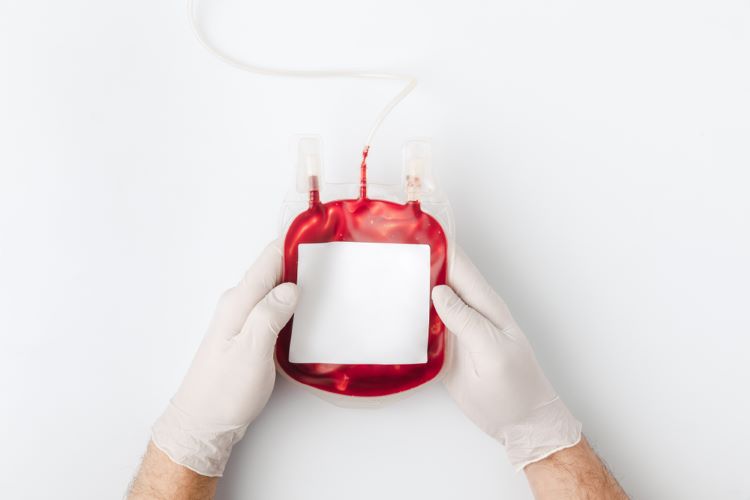First-in-class telomerase inhibitor aids transfusion independence in clinical trial
Posted: 5 January 2023 | Catherine Eckford (European Pharmaceutical Review) | No comments yet
Telomerase inhibitor imetelstat benefitted both major subtypes of lower risk MDS in a Phase III trial for the first time.


Telomerase inhibitor imetelstat benefitted both major subtypes of lower risk myelodysplastic syndromes (MDS) in IMerge Phase III trial. Based on these results, Geron is planning to seek US and European approvals later this year.
Positive top-line results have been released from a Phase III trial evaluating imetelstat, a first-in-class telomerase inhibitor versus placebo. The IMerge Phase III trial assessed the effect of the oligonucleotide in lower risk MDS in patients who were relapsed, refractory or ineligible for erythropoiesis stimulating agents (ESAs). MDS are a group of diverse bone marrow disorders, also known as a type of blood cancer.
“The results…[presented] compelling durability of transfusion independence,” stated Dr John A Scarlett, Geron’s Chairman and Chief Executive Officer. Data showed that 40 percent of patients did not need blood transfusions for eight weeks. The same group experienced a median duration of being transfusion-free for nearly one year.
IMerge Phase III trial
IMerge Phase III assessed 178 patients with IPSS Low or Intermediate-1 risk (lower risk) transfusion dependent MDS who were relapsed after, refractory to, or ineligible for, ESA treatment, had not received prior treatment with either a hypomethylating agent (HMA) or lenalidomide and were non-del(5q).
The clinical study for the telomerase inhibitor met its primary efficacy endpoint of eight-week transfusion independence (TI) and a key secondary endpoint of 24-week TI.
Data showed a highly statistically significant and clinically meaningful difference between imetelstat and the placebo comparator arm for the primary endpoint of eight-week TI and key secondary endpoint of 24-week TI.
- Highly statistically significant (p<0.001; hazard ratio 0.23) durable transfusion independence for eight-week TI responders was achieved with a median TI duration approaching one year for imetelstat, compared to approximately 13 weeks for placebo, using Kaplan-Meier estimates.
Median time on study and median time on treatment for patients on imetelstat was approximately 20 months and eight months, respectively, and approximately 18 months and seven months for placebo, respectively.
Treatment emergent adverse events (TEAEs) observed in the Phase III trial were consistent with the known safety profile of imetelstat from prior clinical trials and no new safety signals were found.
“As a once per month out-patient IV therapy, imetelstat will hopefully become a novel treatment option for lower risk MDS patients in the near future,” commented Dr Uwe Platzbecker, a principal investigator of IMerge Phase III.
Geron plans to present additional data from IMerge trial at in 2023.
Regulatory submissions planned for imetelstat
“US and EU regulatory submissions [are planned for] 2023, as well as… a potential US commercial launch,” explained Dr Scarlett.
The potential US commercial launch for the telomerase inhibitor is planned for the first half of 2024 and by the end of 2024 in the EU, assuming regulatory approvals are granted.
Related topics
Anti-Cancer Therapeutics, Biopharmaceuticals, Clinical Development, Clinical Trials, Drug Development, Drug Safety, Research & Development (R&D), Therapeutics









